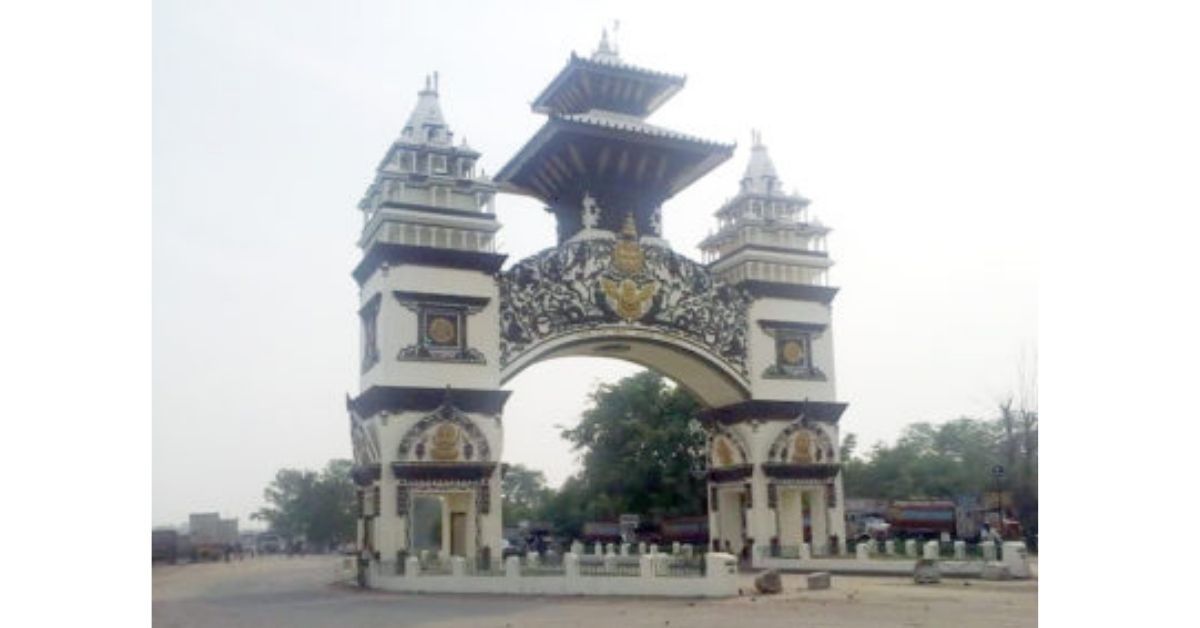Nepal’ foreign trade continues to be sluggish even as the government has lifted import restrictions and relaxed cash margin provision, with total foreign trade slumping by more than 20 per cent in the first seven months (mid-July to mid-February) of the current fiscal year 2022-23. According to Nepal Trade Statistics unveiled by the Department of Customs (DoC) today, the country’s total foreign trade stood at Rs 1.01 trillion in the review period against Rs 1.28 trillion recorded in the same period of the previous fiscal year. Nepal’s imports fell nearly 20 per cent to Rs 919.165 billion compared to Rs 1.147 trillion in the corresponding period of last fiscal year.
Petroleum products were the top import commodity, followed by crude soyabean oil, raw steel and crude palm oil.While a drop in imports is generally considered good news, the same does not hold true for an import-dependent economy like Nepal. Considering the slowdown in revenue collection and improvement in foreign currency reserves, the government had lifted the curbs on import of luxury items in December and the Nepal Rastra Bank (NRB) had reduced the provision of cash margin between 100 and 50 per cent to 10 per cent for traders to open letter of credit (LC) on January 19.According to Dinesh Shrestha, vice-chairperson (industry) of Federation of Nepalese Chambers of Commerce and Industry (FNCCI), the decline of import in recent times is due to multiple factors such as the low market demand because of banks’ high interest rates, tightening in loan disbursement and high inflation.
“Simply relaxing import restrictions and cash margin provision for LC is insufficient for businesses to sustain because the interest rate on borrowing continues to be high, loan disbursement has been tightened and high inflation has increased the cost of doing business. Demand for goods produced by domestic industries has also declined owing to drop in purchasing power this year,” Shrestha said. However, it was not just the imports that dropped during the review period. In fact, the country’s exports plunged by 29.03 per cent to Rs 93.432 billion against Rs 131.656 billion in the same period of previous fiscal. The top export commodities were refined soyabean oil, refined palm oil and woollen carpets. The imports-exports ratio in the review period surged by 12.88 per cent to 9.84. This means Nepal imported $9.84 worth of goods for every dollar’s worth of goods exported. It was a deterioration from the ratio of 8.72 recorded in corresponding period of previous fiscal.
The country’s trade gap, however, deceased by 18.71 per cent to Rs 825.733 billion compared to Rs 1.015 trillion in the corresponding period of last fiscal year. Shrestha opined that banks should lower their interest rates on loans to single digit for industries and a maximum of lower two digits for businesses to improve the business climate. However, Sunil KC, CEO of NMB Bank, said that the increase in interest rates is a global phenomenon at present and that the banks and financial institutions (BFIs) are unable to lower the rates in the face of ongoing liquidity crunch. Speaking during the monthly press meet of Nepal Bankers’ Association (NBA) last week, KC who is also the NBA president, had said, “Despite some improvement in economic indicators, BFIs continue to struggle due to the liquidity crisis. However, we are slowly trying to take some measure to ease the situation, and recently reduced the interest rate on deposits.”







